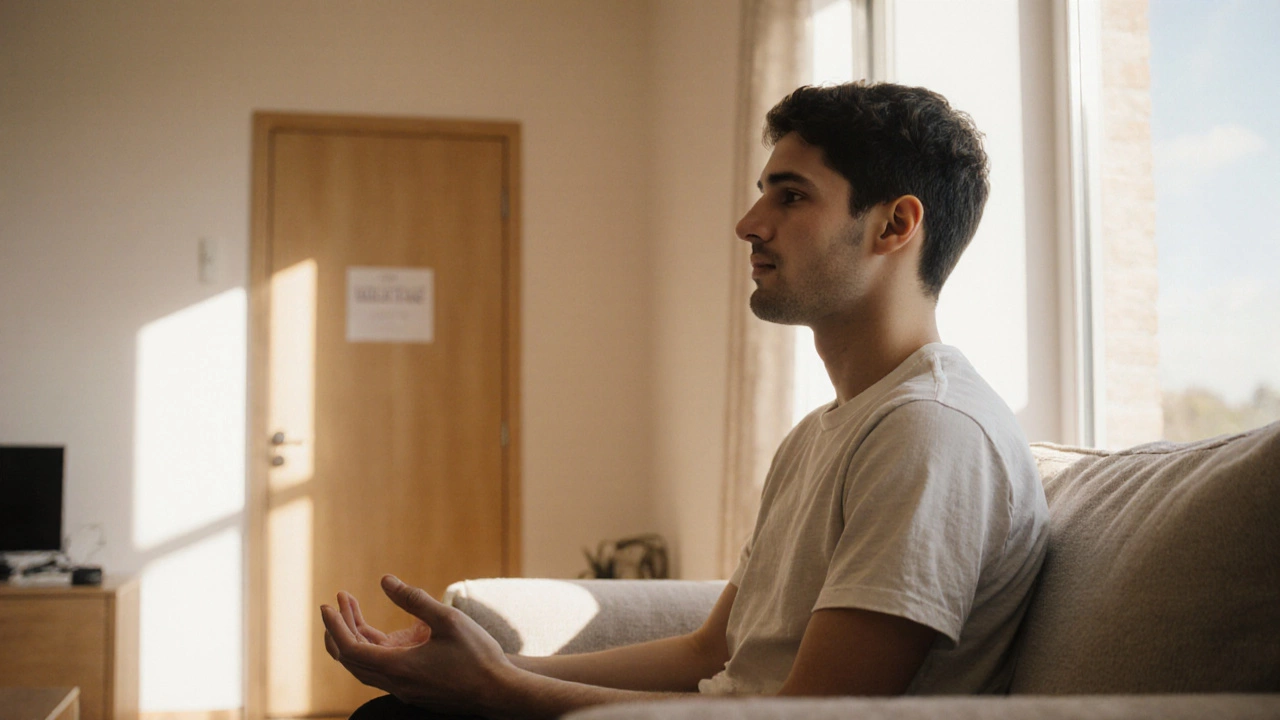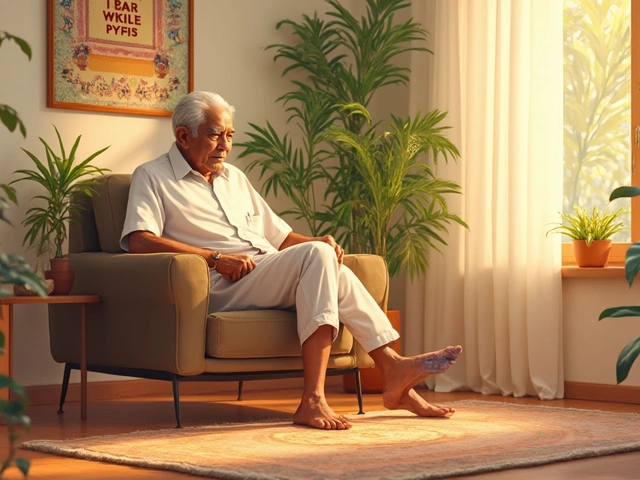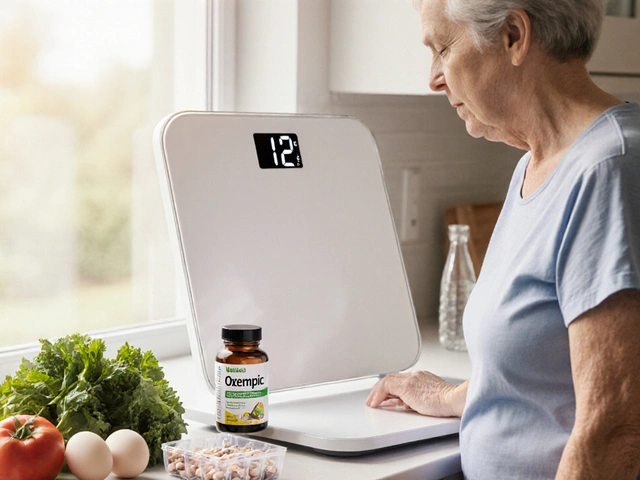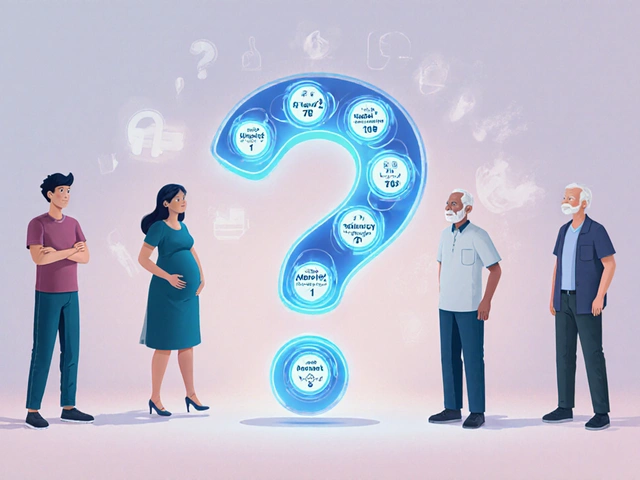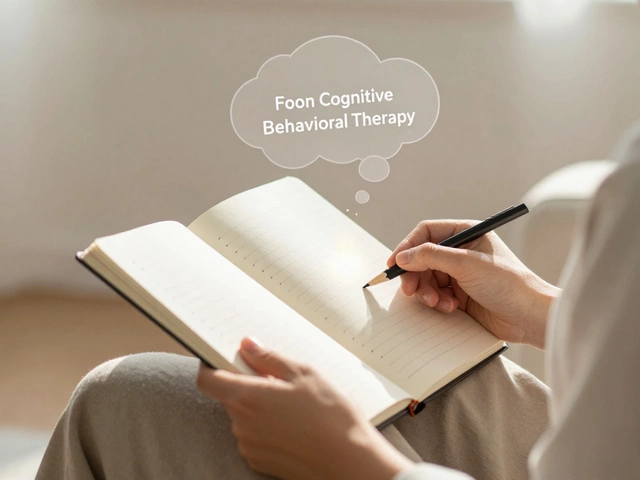Mental Health Practice Recommender
Find Your Best Mental Health Practice
Answer a few questions to get personalized recommendations based on your needs and lifestyle.
When it comes to mental health, many ask: what’s stronger than therapy?
Therapy works for countless people, but life throws curveballs that sometimes need extra firepower. In this guide we’ll explore eight concrete practices that can complement or even outshine a standard counseling session when you’re looking for fast, lasting relief.
Understanding the Limits of Traditional Therapy
Therapy is a structured, professional approach that helps people explore thoughts, emotions, and behaviors. While evidence‑based, it usually requires weekly appointments, a safe space, and a trained clinician.
Several real‑world scenarios expose its limits: social anxiety spikes during a crowded concert, an unexpected injury disrupts sleep, or a sudden loss triggers grief that feels too heavy for a 45‑minute slot. In those moments, you need tools that act instantly, fit into daily life, and don’t rely on a therapist’s schedule.
1. Mindfulness Meditation - Re‑wiring Stress in Minutes
Mindfulness is a mental practice that encourages non‑judgmental awareness of the present moment. Scientific studies show a single 10‑minute session can lower cortisol by up to 30% and improve attention span.
Getting started is simple: sit upright, focus on your breath, and gently bring wandering thoughts back. Apps like Insight Timer or Headspace provide guided tracks that fit into a coffee break. Over time, mindfulness builds a habit of observing stress rather than reacting to it, often delivering relief faster than a talk‑therapy homework assignment.
2. Physical Exercise - The Body’s Natural Antidepressant
Exercise is any bodily activity that raises heart rate. A 30‑minute brisk walk releases endorphins, improves sleep quality, and can lift mood within the same day.
Research from the American Psychological Association notes that regular aerobic activity is as effective as medication for mild to moderate depression. The key is consistency: choose a form you enjoy-dancing, cycling, or a quick home‑bodyweight circuit-and treat it as a non‑negotiable appointment.
3. Social Support - Leveraging Community for Resilience
Social support refers to the emotional and practical assistance you receive from friends, family, or groups. A 2023 meta‑analysis found that strong social networks cut the risk of anxiety disorders by 40%.
Practical steps include joining a hobby club, scheduling weekly phone calls with a trusted friend, or attending community meet‑ups. The act of sharing burdens creates a safety net that no single therapist can replicate in isolation.
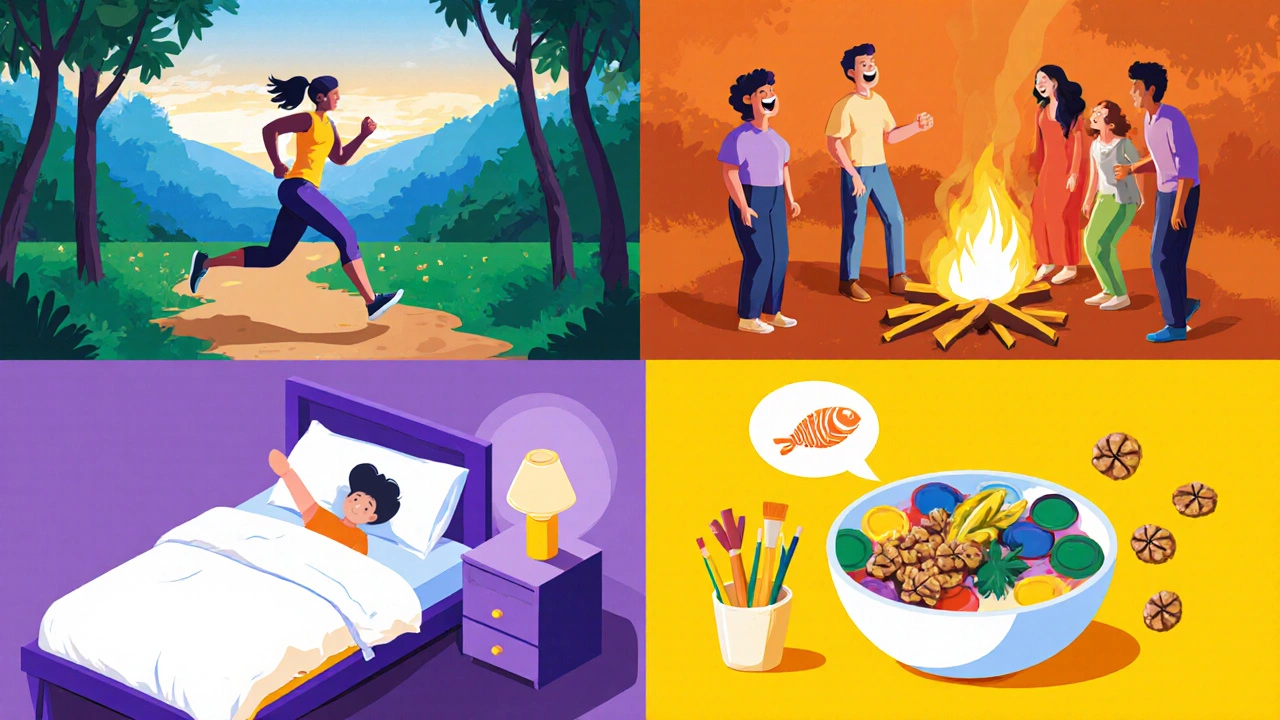
4. Sleep Hygiene - Recharging the Brain Overnight
Sleep hygiene is a set of habits that promote restorative sleep. Poor sleep amplifies negative emotions, while eight solid hours can reduce irritability by 20%.
Start with a consistent bedtime, dim the lights an hour before sleep, and keep screens out of the bedroom. Adding a short relaxation routine-like gentle stretching or a calming podcast-helps the brain transition into deep REM cycles, often clearing mental fog faster than a therapy session.
5. Nutrition - Feeding the Mind with the Right Fuel
Nutrition influences neurotransmitter production. Diets rich in omega‑3 fatty acids, leafy greens, and whole grains have been linked to lower rates of depression.
Consider a simple swap: replace sugary snacks with a handful of walnuts or a banana. Adding a daily serving of fatty fish or chia seeds supplies DHA, a brain‑boosting fat that supports mood regulation.
6. Creative Expression - Turning Emotions into Art
Creative expression includes activities like drawing, writing, or playing music. When you externalize feelings, the brain processes trauma more efficiently.
Even a 15‑minute doodle session can reduce anxiety levels by 25%. Keep a sketchpad or journal nearby and let your thoughts flow without judgment. Over time, this becomes a personal sanctuary that supplements professional guidance.
7. Medication - When Biology Needs a Boost
Medication is a medical option prescribed to balance neurochemical pathways. For severe depression or anxiety, antidepressants or anxiolytics can stabilize mood enough for therapy to be effective.
It’s crucial to consult a psychiatrist, discuss potential side‑effects, and combine medication with lifestyle changes. When taken responsibly, medication acts as a catalyst, allowing other practices to work faster.
8. Building a Personal Resilience Plan
Think of these tools as ingredients in a custom recipe. Start by assessing which areas need the most attention-perhaps sleep is chaotic, or social connections feel thin.
Write down a weekly schedule that mixes at least three of the practices above. Track mood changes using a simple journal or a mood‑tracking app. Adjust the mix as you notice what yields the quickest lift.
Comparison Table: Therapy vs. Popular Alternatives
| Aspect | Therapy (Weekly Sessions) | Mindfulness | Exercise | Social Support |
|---|---|---|---|---|
| Onset of Benefit | Weeks to months | Minutes to days | Days to weeks | Weeks |
| Cost per week (USD) | $80‑$150 | $0‑$10 (app) | $0‑$5 (home) | Free-$20 (group) |
| Accessibility | Appointment needed | Anytime, anywhere | Anytime, anywhere | Depends on network |
| Evidence Base | Strong (RCTs) | Strong (meta‑analyses) | Strong (clinical trials) | Moderate (observational) |
Key Takeaways
- Therapy is powerful, but adding mindfulness, exercise, sleep, nutrition, creativity, social ties, or medication can speed up recovery.
- Choose practices that fit your schedule and preferences for sustainable habit formation.
- Track progress regularly to see which combination offers the strongest lift for your mental health.
Frequently Asked Questions
Can I replace therapy entirely with these alternatives?
For many people, the alternatives act as supplements rather than replacements. Severe mood disorders often still require professional guidance. Use the practices to boost daily well‑being and to make therapy sessions more productive.
How much time should I devote to mindfulness each day?
Start with 5‑10 minutes in the morning or before bed. Consistency beats length; a daily habit yields measurable stress reduction within two weeks.
Is exercise safe for someone with anxiety?
Yes. Low‑impact activities like walking, yoga, or swimming are especially calming. Begin with short sessions and increase gradually to avoid feeling overwhelmed.
What’s the best diet for mental health?
Focus on whole foods: fatty fish, nuts, seeds, leafy greens, and whole grains. Limit processed sugars and excessive caffeine, as they can spike anxiety.
How do I know if medication is right for me?
Consult a psychiatrist or primary care doctor. They’ll evaluate symptom severity, medical history, and potential drug interactions before recommending a prescription.
